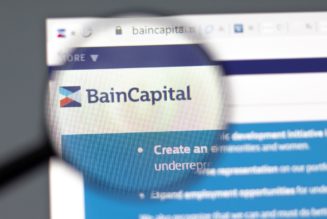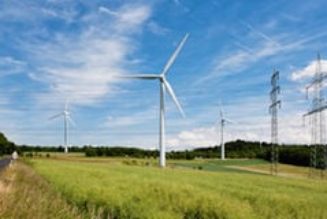Columnists
Address production to fix economy
Friday August 25 2023

National Treasury Cabinet Secretary Njuguna Ndung’u during the second Economic and Sustainability Forum held at Serena Hotel in Nairobi on August 3, 2023. PHOTO | LUCY WANJIRU | NMG
I had a very healthy and good debate with a senior National Treasury official this week about the state of economic and business journalism in Kenya.
He criticised the financial media for talking the economy down, portraying doom and gloom all the time while giving short shrift when it comes to reporting on positive developments.
I told him as journalists- our first and most important calling was to act and behave like watchdogs with teeth – hold people in authority such as him to account -and act as filters for readers, sifting the truth from propaganda.
I told him how journalism would be boring and unfulfilling if all that was expected of a business journalist was stenographic coverage of public meetings, channelling press releases from State and corporations or regurgitating unanalysed reports and statistics published by the government.
I pointed out that with the advent of social media, business publications must provide some kind of hybrid content: old-fashioned reporting of events and happenings, analysis, interpretation, commentary and investigative reporting.
Today, I wanted to comment on a key document the government published recently but which we in the business media gave short shrift.
I refer to the ‘statement of actual revenues and net exchequer issues as at July 31, 2023’ that was published last week in gazette notice number 1,108.
This is the most accurate statistics on the state of public finances because these are numbers from the National Treasury’s own figures for the past financial year.
The latest to be released are for the year that ended June 30 and for the first month of the new fiscal year.
Key highlights I find most revealing in this document are as follows: First, actual revenue receipts were Sh2 trillion last year. The government is expecting revenues to increase in the New Year to Sh2.5 trillion.
Secondly, the actual total debt service costs in last year was Sh1.16 trillion. The projections by the National Treasury are that total debt service cost will increase to Sh1.75 trillion this financial year.
What can one infer from the numbers? First, unrealistic projections for revenues. How can you expect government revenues to increase by 25.8 percent within 12 months in an economy where all you see are a declining trajectory for business investment, an economy held back by decades of flagging corporate profitability and where a rising proportion of the population is employed in the informal sector in low value and relatively insecure jobs?
In terms of debt service costs, the projection is that this number will increase at twice the rate of growth in revenues.
Clearly, these numbers are scary, to say the least. Public finances are in the deep thus limiting the ability of the government to apply fiscal policy to restore dynamism in economic activity.
When we in the business and economic press report, highlight and analyse such numbers and trends, we are not engaged in doom-mongering.
Society expects us to call out State officials when they insist that Kenya’s economic fundamentals are good. Dishonest presentation of economic realities can only distort meaningful discussion and debate on the future of our economy.
What are the dynamic factors or new sectors that might drive genuine economic recovery in this country? When I listen to government spokesmen, I hear minimal serious discussions about how to rebuild and energise a new economy that is not too dependent on debt.
Instead of debating how to create a new cycle of dynamic manufacturing sector growth, all you hear are outbursts of excitement about how Indonesia is going to give us cheap cooking oil- how Afreximbank is about to give us a massive $4 billion loan and how we are about to access billions for capital markets of the Gulf region by floating a Sukuk bond.
If you asked me what we need most right now, I would say an outbreak of intellectual honesty by our leaders about the true health and challenges facing our economy. We must confront the broken engine of production.
The writer is a former managing director of The East African.









